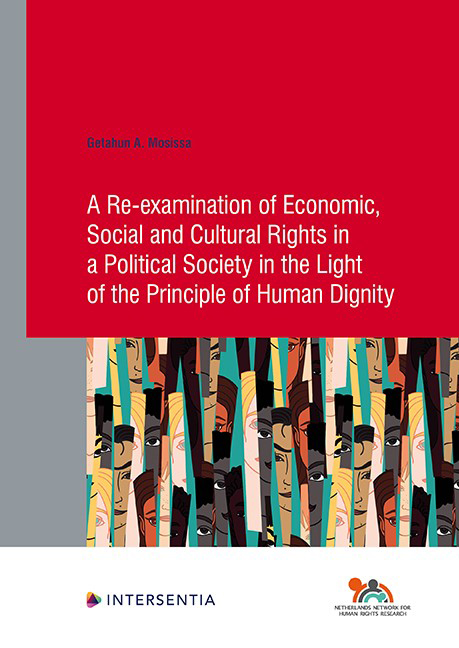
- Cited by 1
-
Cited byCrossref Citations
This Book has been cited by the following publications. This list is generated based on data provided by Crossref.
Harrison, Samuel 2024. Towards a political concept of dignity. Political Research Exchange, Vol. 6, Issue. 1,
- Publisher:
- Intersentia
- Online publication date:
- May 2021
- Print publication year:
- 2020
- Online ISBN:
- 9781839700361
- Subjects:
- Law, Human Rights
- Series:
- Human Rights Research Series




